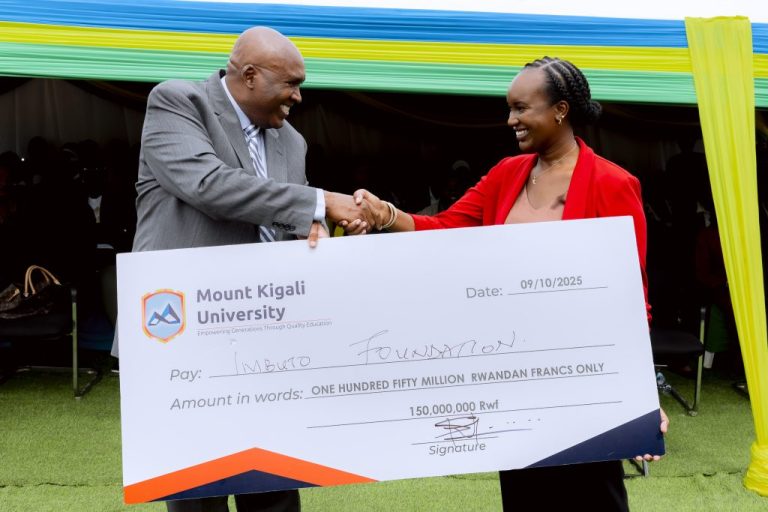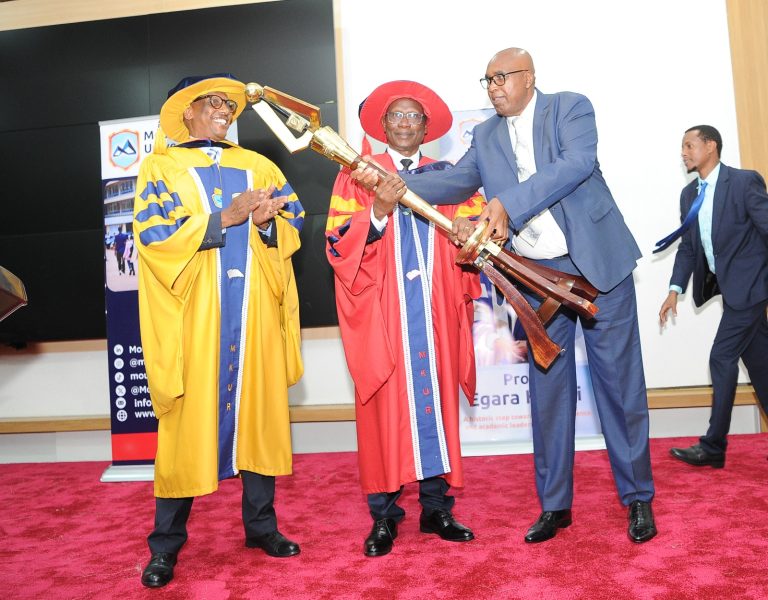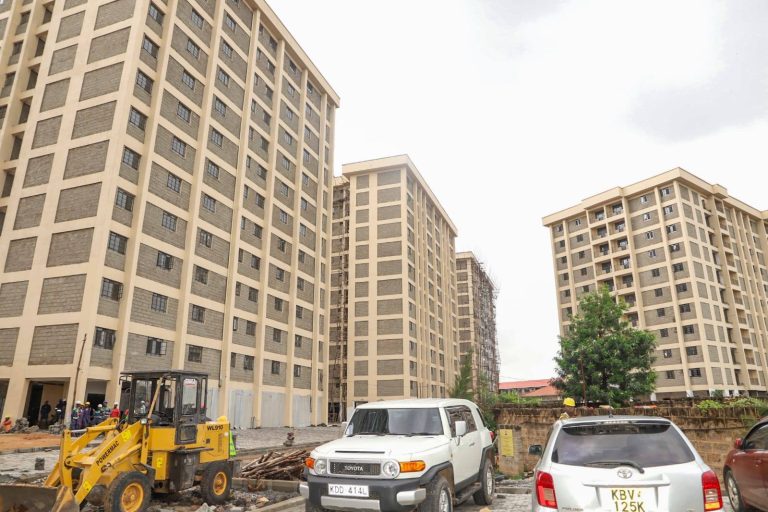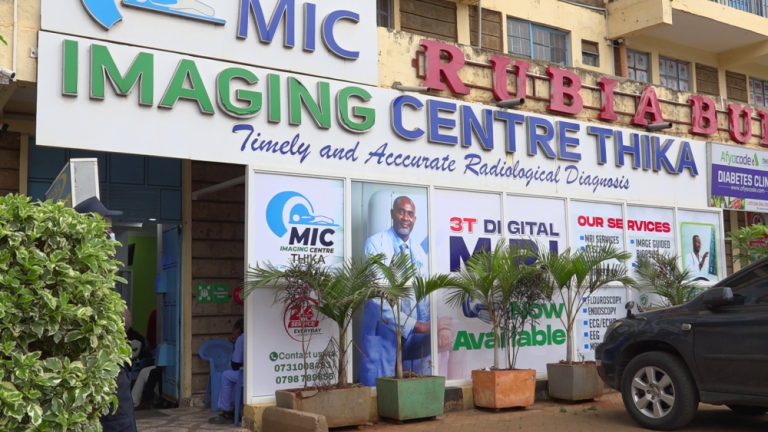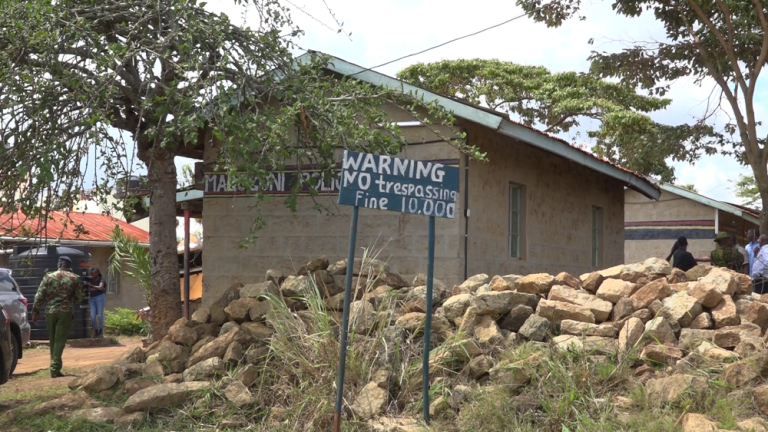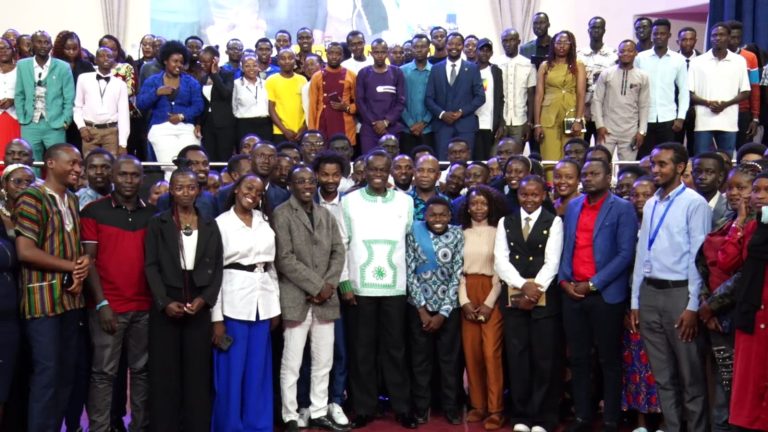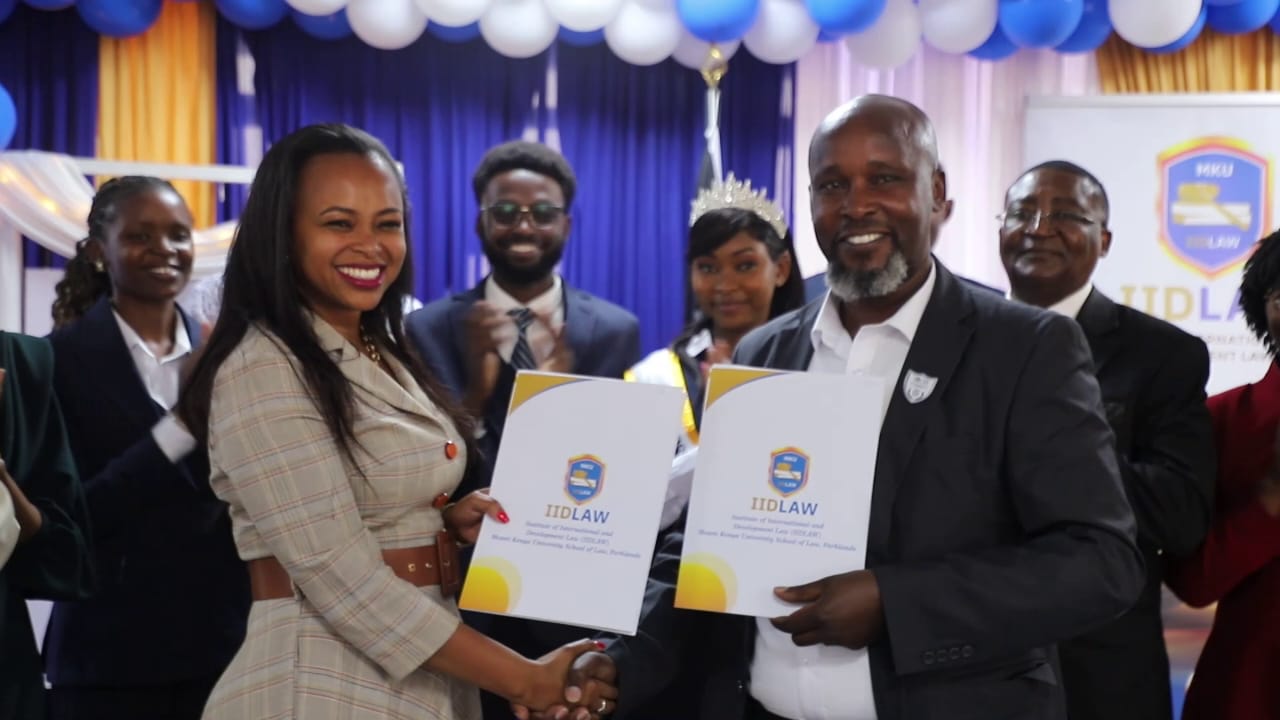
MKU Expands Mediator Training as Demand for Dispute Resolution Rises
Kenya is facing a growing shortage of mediators even as demand for their services continues to soar, stakeholders have warned.
Despite a population of more than 50 million people, the country currently has only about 2,000 registered mediators. This is in sharp contrast to the increasing demand for mediation services, particularly following the Judiciary’s establishment of the Court-Annexed Mediation (CAM) programme aimed at reducing case backlogs and encouraging out-of-court settlements.
Experts in the sector have underscored the importance of mediation in expediting the resolution of long-pending cases and promoting harmony in dispute settlement. They emphasized the urgent need to expand the pool of qualified mediators to meet the country’s growing needs.
These concerns were raised at Mount Kenya University (MKU) during the graduation of 27 Certified Professional Mediators (CPM) trained through the university’s Institute of International and Development Law (IIDLAW) in collaboration with Suluhu Mediation Center.
Speakers at the ceremony noted that referrals to mediation by courts have significantly increased, with a notable rise in successful case resolutions—further highlighting the value of mediation in Kenya’s justice system.
IIDLAW Director Judy Ngayu said the training of more mediators was critical in bridging the skills gap and ensuring that the country has sufficient professionals to handle disputes efficiently.
“Kenya still faces a shortage of mediators. The many cases pending in courts and the numerous files being referred to mediation are clear indicators of the gap we must fill. This is why MKU, through IIDLAW, initiated this program to train and equip more mediators,” Ms. Ngayu explained.
She added that the mediation program at IIDLAW would be expanded through its partnership with Suluhu Mediation Center to offer a variety of courses from professional certifications to specialized workshops in areas such as commercial and domestic violence mediation.
IIDLAW Training Coordinator Ferd Moyomba noted that the courses are flexible and accessible, offering in-person, virtual, and blended learning formats. Some of these programs, he added, lead to accreditation recognized by the Judiciary of Kenya.
Among the graduates was Senior Resident Magistrate Adelaide Sisenda, who underscored the importance of strengthening mediation as a key component of Kenya’s justice system.
“Our courts are currently overwhelmed with cases that can be effectively resolved through Alternative Dispute Resolution (ADR), especially mediation. It offers an amicable way of solving disputes while preserving relationships between parties,” she said.
Hon. Sisenda also called for the formulation of a national Mediation Act to provide a unified legal framework for the profession, noting that such legislation would support structured growth, standardization, and wider adoption of mediation in the country.
She further emphasized the value of Alternative Justice Systems (AJS), noting that they save both time and money compared to traditional litigation.
“Many Kenyans still turn to litigation as their first option. This shows a pressing need to raise public awareness about the benefits of mediation,” she added.
Suluhu Mediation Center Director Maina Migwi echoed the need for a coordinated approach to developing Kenya’s mediation ecosystem. He stressed the importance of creating a supportive institutional framework, public education initiatives, and sustainable training and financial support systems.
“We must develop common training standards and collaborate with academic and professional institutions to implement uniform accreditation programs. Our partnership with MKU through IIDLAW is part of this broader effort,” he said.
FIDA-Kenya Chairperson Christine Kungu, who served as the chief guest at the event, commended the initiative, saying that an adequate number of qualified mediators would help enhance access to justice for women and girls.
“Mediation is a highly effective mechanism for parties seeking to resolve disputes amicably while preserving relationships and promoting unity,” she noted.
Mrs. Kungu, however, urged newly trained mediators to uphold the Mediators’ Code of Conduct and maintain the highest ethical and integrity standards in their practice.
Ends

